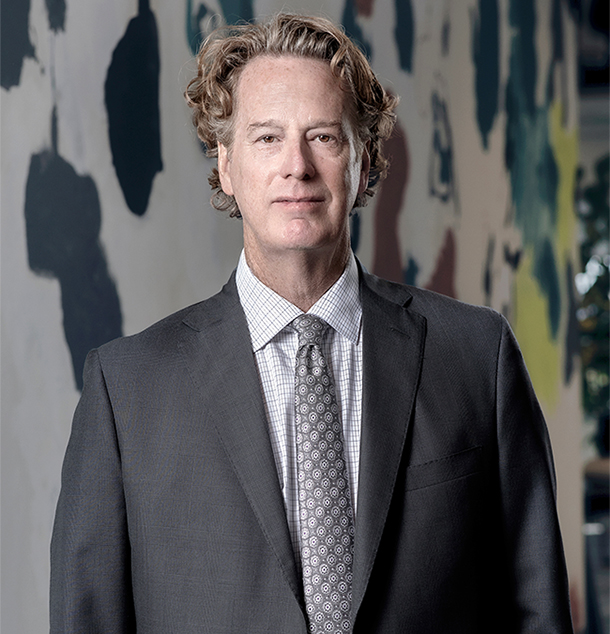California School Districts Can’t Stop Passing the Trash
 Schools are supposed to be safe. Teachers are supposed to protect kids from harm. For many students throughout California, however, it is some teachers who are doing the most harm.
Schools are supposed to be safe. Teachers are supposed to protect kids from harm. For many students throughout California, however, it is some teachers who are doing the most harm.
Voice of San Diego’s recent piece on predatory teachers takes an in-depth look at how school districts throughout California continue to put the safety and wellbeing of their students at-risk by “passing the trash” – the act of moving predatory teachers from one school or district to another, without any additional penalties for their actions. According to their research, 765 misconduct reports were filed with the California Commission on Teacher Credentialing, or CTC, between 2009 and 2018. Yet the CTC only took disciplinary action 301 times – about 39% of the time.
California is hardly alone in this epidemic. A 2016 investigative report by USA TODAY led to an audit of in every state in the country, to ensure proper reporting of disciplinary actions:
In February, the USA TODAY Network reported that about 9,000 disciplined teachers were missing from the national teacher misconduct database operated by the non-profit National Association of State Directors of Teacher Education and Certification. The story and subsequent reports outlined widespread inconsistencies in how states handle teacher background checks and how they report problem teaches to NASDTEC.
… The number of disciplined educators reported to NASDTEC by state agencies more than tripled immediately after USA TODAY’s initial reporting, according to records obtained by USA TODAY, increasing from 385 teachers in February to more than 1,200 in March.
Why is this still happening?
One of the primary reasons for the initial lack of action by schools is disbelief, by parents, educators and school officials. No one wants to believe that a trusted authority figure, like a teacher, would be capable of such a reprehensible act. As Dave Ring, partner at Taylor & Ring, told VOSD, “A lot of the time, it’s the guy you least expect. Predators come in all personalities, but usually have a pretty gregarious personality because that’s how they get away with it.”
Another reason is fear or confusion by the victims themselves. Young children may not be capable of articulating what has happened to them; older student may fear they will be ostracized – or that they will not be believed, feeding into a deadly cycle.
But neither of these explains the prevalence of “pass the trash” policies, which allow teachers with accusations levied against them to simply leave the school and start over elsewhere. Dave Ring believe this has much to do with the way such complaints are recorded and tracked. He told VOSD that “in the various cases he’s handled, he’s seen school officials refer complaints to the district office about half of the time, and the rest kept it at the school site.” Because there’s no central location for these complaints, there is no way to ensure follow-through. In turn, it makes the complaints which are reviewed look like one-offs, as opposed to pieces of a larger pattern of sexual abuse and bad behavior.
Legislation to protect students has stalled
Since April 2018, the Sexual Abuse-Free Education (SAFE) Act has been bouncing around in committees. The original Act passed out of the Judiciary Committee with a 6-0 in-favor vote, but amendments to the Bill have sent it back to the Committee, where it has stalled.
Under the current language of the Bill:
(a) A school entity shall not knowingly hire a person as a certificated employee in a position involving direct contact with children if the person was determined by a current or former employer, as the result of an investigation, to be responsible for an act of child abuse or sexual misconduct with a pupil, unless the allegations of child abuse or sexual misconduct with a pupil were subsequently determined to be false.
(b) (1) When a school entity makes an offer of employment to an applicant for a certificated position involving direct contact with children, and before the applicant may accept the offer, the school entity shall contact the superintendent of the school district, or his or her designee, or the equivalent chief executive officer of a charter school or private school, for each of the school entities by which the applicant has been employed, and obtain all of the following information in writing:
(A) The dates of employment of the applicant.
(B) Whether the applicant was the subject of a substantiated investigation concerning child abuse or sexual misconduct with a pupil and the allegations were not determined to be false.
(C) Whether the applicant was accused of child abuse or sexual misconduct with a pupil and a substantiated investigation was not initiated or completed.
(D) Whether the applicant had a license or certification suspended or revoked while allegations of child abuse or sexual misconduct with a pupil were pending or due to a finding of child abuse or sexual misconduct with a pupil.
None of these changes will be possible, however, without some kind of central database for complaints. California could once again lead the way for the rest of the country, by establishing such a database and passing the SAFE Act.
Regardless of what the State Senate does, Taylor & Ring will be there to fight on behalf of students who have been abused by their teachers, and to ensure that justice is served. We have handled some of the most complex, high-profile student sexual abuse cases in California; we know what it takes to win. Please call 310.776.6390 or complete our contact form to schedule a consultation with one of our Los Angeles injury lawyers.
Learn more:
- Nightline, “Passing the Trash, Part 1”
- Nightline, “Passing the Trash, Part 2”
- Katie, “Victims Fight Back,” interview with Katie Couric
- The View, “Confronting Her Abuser,” interview on The View
- KCAL, News Channel 9, segment on LAUSD/Miramonte settlements for abuse
- Turning a Blind Eye; Sexual Abuse in California Schools
- Shades of Larry Nassar: a USC Doctor Abused Students for Almost 30 Years
Related Article

David Ring is a nationally renowned plaintiff’s personal injury trial attorney and has obtained multi-million dollar verdicts and settlements on behalf of seriously-injured individuals or families who have lost a loved one in a tragic accident. For more than 20 years, he has represented victims of sexual abuse, sexual harassment, assault, molestation and sexual misconduct in cases against a variety of employers and entities, including schools, churches and youth organizations.
He prides himself on providing aggressive, yet compassionate representation for children who have been sexually abused and women who have been sexually harassed or assaulted. Read more about David M. Ring.

